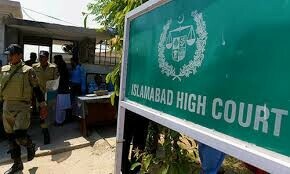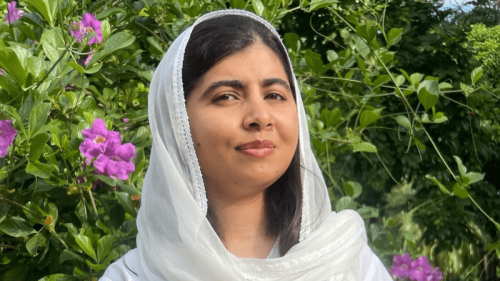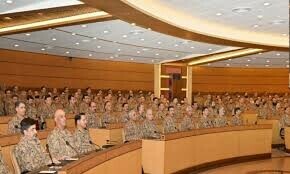• Almost 1.2 million people have taken shelter in Rafah
• Unicef says 17,000 children have been separated from parents
GAZA CITY: Israeli forces shelled the outskirts of the last refuge on the southern edge of the Gaza Strip on Friday, where the displaced, penned against the border fence in their hundreds of thousands, said they feared a new assault with nowhere left to flee.
More than half of Gaza’s 2.3 million residents are now homeless and crammed into Rafah. Tens of thousands more have arrived in recent days, carrying belongings in their arms and pulling children on carts, since Israeli forces launched one of the biggest assaults last week to capture Khan Yunis, the main southern city, just to the north of Rafah.
If the Israeli tanks keep coming, “we will be left with two choices: stay and die or climb the walls into Egypt”, said Emad, 55, a businessman reached on a mobile phone chat app.
“Most of Gaza’s population are in Rafah. If the tanks storm in, it will be a massacre like never before during this war.”
Israeli Defence Minister Yoav Gallant said late on Thursday that troops would now turn to Rafah, which along with Deir Al Balah just north of Khan Yunis is among the last remaining areas they have yet to storm in an almost four-month assault.
As the only part of Gaza with access to the limited food and medical aid trickling across the border, Rafah and adjacent parts of Khan Yunis have become a warren of makeshift tents clinging to the winter mud.
Wind and cold weather added to the misery, blowing tents down, flooding them and the ground between them.
“What should we do? We live in multiple miseries, a war, starvation, and now the rain,” said Um Badri, displaced from Gaza City, now living in a tent in Khan Yunis, also reached by phone chat.
“We used to wait for winter, to enjoy watching the rain from the balcony of our house. Now, our house is gone, and the rainwater has flooded the tent we have ended up in.”
Truce offer
Authorities in Gaza say more than 27,000 Palestinians have been killed in Israeli bombardment since Oct 7, with thousands more bodies feared lost among the ruins, in an assault that has laid much of the territory to waste.
Mediators are waiting for a response from Hamas to a proposal drafted last week with Israeli and US spy chiefs and passed on by Egypt and Qatar, for the first extended ceasefire since hostilities began in October. Residents hope that would stop the fighting before Israeli tanks enter Rafah.
There was brief celebratory gunfire in Gaza on Thursday when Arabic-language media reported comments by a Qatari official suggesting the ceasefire was close. But Qatar made clear a deal had not yet been reached.
The only truce so far lasted for only a week in late November. The proposal now on the table would be for a far longer cessation of hostilities, letting aid reach the enclave and Gazans return to abandoned homes.
Separated from parents
The United Nations said on Friday it estimates that 17,000 children in the Gaza Strip have been left unaccompanied or separated during the four months of Israeli bombardment.
“Each one has a heartbreaking story of loss and grief,” said Jonathan Crickx, spokesman for Unicef, the UN children’s agency, in the Palestinian territories.
“This figure corresponds to one per cent of the overall displaced population — 1.7 million people,” he told a media briefing in Geneva, via video link from Jerusalem.
Each one “is a child who is coming to terms with a horrible new reality”.
Published in Dawn, February 3rd, 2024













































Dear visitor, the comments section is undergoing an overhaul and will return soon.